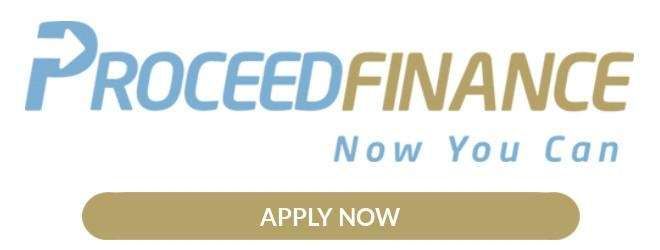New Patient Information
At Fiorentini Family Dentistry, your first visit may be different than any other new patient appointment you have had in the past. If you have had recent x-rays, please request to have them forwarded to our office.
Your initial appointment is essentially a fact gathering appointment. A comprehensive review of your previous medical history, detailed intraoral and extraoral exam, necessary clinical radiographs, and intraoral digital photographs will enable us to communicate with you to determine what your comprehensive needs and concerns are. During this exam, we are looking for:
- Gum Disease
- TMJ Disorder
- Tooth Decay or Fracture
- Failing Dental Work
- Cosmetic Issues
- Oral Cancer
Financing Options
Financial Policy
Our office will work with all insurances. Our office will process your insurance claims in your behalf and will allow for the anticipated insurance benefits. Please note that we will do our utmost and through in obtaining the benefits due to you, however, your insurance is a contractual agreement between your employer and the insurance company. We are currently in-network with Aetna Extend, Cigna Radius, Delta Dental, and Horizon Blue Cross.
We currently accept MC, Visa, Debit card, personal checks and cash.
If necessary, we can provide you with a payment plan through a third party that will help you achieve your goals, or a structured payment contract with our office.
In Office Membership Savings Plan
Fiorentini Family Dentistry is pleased to offer an in-office membership savings plan to help our patients maintain regular preventive care. In exchange for an affordable annual enrollment fee, you’ll receive preventive maintenance and savings on dental procedures.
We offer an exclusive plan, with benefits immediately upon enrollment. Our plan never has a deductible, claims, or benefit maximum. There are no restrictions on pre-existing conditions so you can receive the care you need.
Standard
$39
- Dental Exam (2/year)
- Adult/Child Cleaning (2/year)
- Check-up X-Rays (4BW/year)
- Oral Cancer Exam (1/year)
- Fluoride (2/year up to age 16)
- 25% Off 3D Cone Beam Scan and Interpretation
- 20% Off Deep Cleaning
- 15% Off All Other Procedures
- $500 Off Invisalign
Periodontal
$49
- Dental Exam (2/year)
- Periodontal Maintenance (3/year)
- Check-up X-Rays (4BW/year)
- Oral Cancer Exam (1/year)
- 25% Off 3D Cone Beam Scan and Interpretation
- 20% Off Deep Cleaning
- 15% Off All Other Procedures
- $500 Off Invisalign
Family Pricing Available – See Breakdown Below!
| Single Membership | Dual Membership | Family (3) Membership | Family (4) Membership |
|---|---|---|---|
| $399 / Year or $39 / Month | $775 / Year or $75 / Month | $1147 / Year or $108 / Month | $1520 / Year or $138 / Month |
**Note: All family members must reside in the same household. Families with children up to 25 may participate in the Family Plan. The adult child must be enrolled as a full-time student. Otherwise, the maximum age for the Family Plan is 21. The year payment is due as a one time payment at the start membership while monthly plans will be billed every month, for 12 months.






